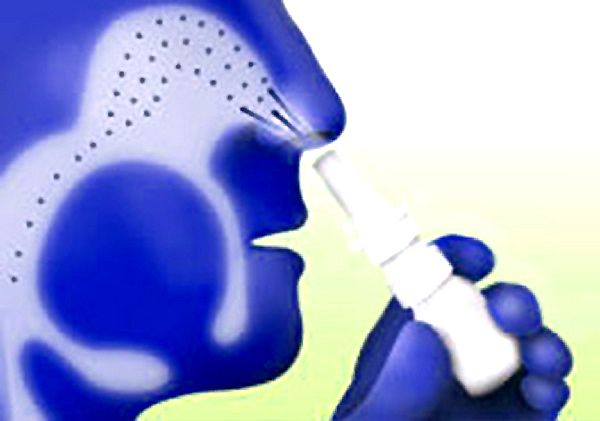By William Reisacher, MD, FAAOA Most people have heard about food allergies, or even know someone who had to run to the ER after eating a peanut or a shrimp. We have seen that food allergies on the rise, cost…
Allergy and Asthma
Asthma is a chronic inflammatory condition of the lungs. It causes the airways to become swollen and narrow, especially when something, like allergens or cigarette smoke, triggers the muscles to tighten.
This can lead to symptoms of asthma such as wheezing, chest tightness, coughing, and shortness of breath.
Most people with asthma have allergies, and many people with allergies develop asthma. Asthma, like allergies, is becoming more and more common worldwide, especially in industrialized nations.
Common allergens that can trigger asthma include dust mites, animal danders, cockroach, and molds. Pollens and molds can lead to seasonal asthma. Exercise is another common trigger, as are infections like RSV. Tobacco smoke, air pollution, and occupation chemicals can also set off the symptoms.
Sometimes asthma is just a mild nuisance, causing an annoying cough or uncomfortable feeling in the chest. At other times, it may severely limit your physical activity and quality of life, interfering with your desire to have an active lifestyle and maintain physical fitness. If untreated, long-standing asthma can even lead to permanent lung damage.
Most patients with asthma have never been diagnosed but just live with the symptoms, thinking they are normal or too mild to be treated.
Your ENT Allergist can discuss your symptoms with you to determine if treatment would be helpful. Your doctor may perform a breathing test to measure your lung function (pulmonary function test or PFT).
Depending on the severity of symptoms and test results, you may be given different treatment options, including inhalers, pills, or an allergy evaluation.
Since allergies are a leading trigger of asthma, you may want to do allergy testing to identify triggers that may be avoided. Immunotherapy has been proven to reduce asthma and allergy symptoms and provide better control of asthma and improved quality of life.
The goal of treatment is to allow you to participate in the activities you love without being restricted by your breathing.







